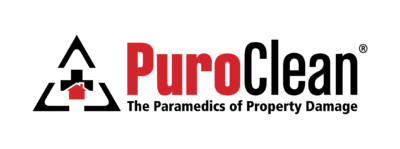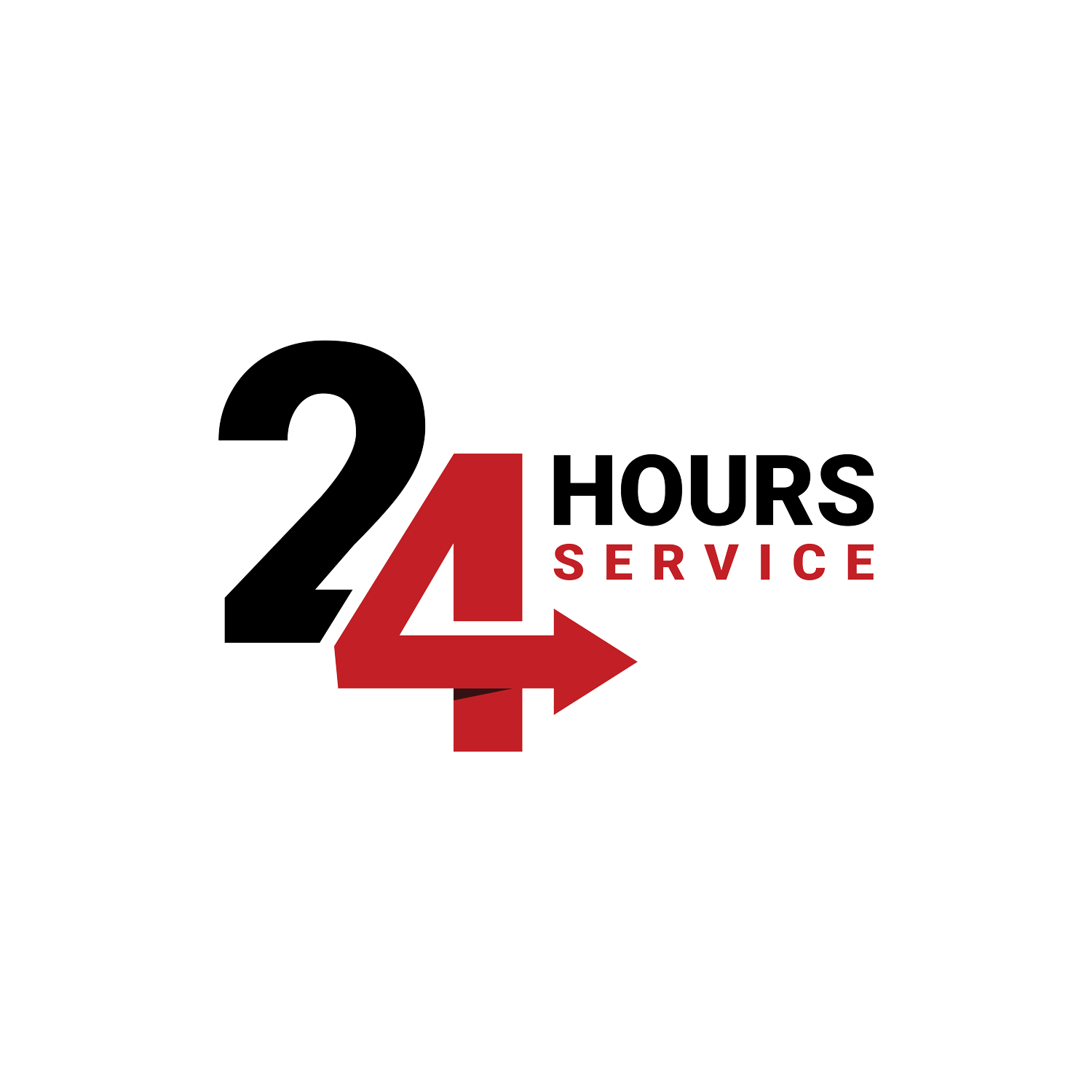
A roof leak can wreak havoc on a home, causing extensive damage and posing health risks. One of the significant consequences of a roof leak is the potential growth of mold. To prevent the growth of mold and protect your home, addressing the issue promptly is crucial. In this blog post, we will explore the role of attic insulation in inhibiting mold growth after a roof leak. Attic insulation acts as a shield, preventing moisture buildup and creating an environment unfavorable for mold growth. We will delve into the benefits of insulation, discuss the types of insulation available, and offer practical tips on how to ensure an effective insulation solution. Hiring a professional installation company like Joe Blows Insulation will help protect your home, lower you electricity bill, and give you peace of mind in the case of a roof leak or throughout the year.
The Impact of a Roof Leak
When a roof leak occurs, water infiltrates your home, permeating various structures, including the attic. If left unaddressed, this moisture can create the perfect breeding ground for mold. Mold spores are naturally present in the air, and when they find damp surfaces, they begin to grow and spread, leading to potential health hazards and structural damage. Mold growth can cause allergic reactions, respiratory problems, and even compromise the integrity of your home.
The Role of Attic Insulation
Attic insulation plays a vital role in preventing mold growth after a roof leak. It acts as a barrier between the interior of your home and the external elements, including moisture. By reducing heat transfer, insulation helps maintain a stable indoor environment and prevents condensation from forming in the attic. Moisture control is essential because mold requires a damp environment to thrive.
Insulation also aids in preventing air leakage, which can introduce moist air from other parts of the house into the attic. Properly installed insulation creates an airtight seal, reducing the chances of moisture infiltration. By controlling moisture levels and minimizing condensation, insulation provides a hostile environment for mold spores, inhibiting their growth.
Types of Attic Insulation
There are various types of insulation available for attics, each with its unique characteristics and benefits. The most common types include fiberglass, cellulose, and spray foam insulation.
Fiberglass insulation consists of small glass fibers and is widely used due to its affordability and availability. It provides effective thermal insulation and can be installed as rolls or blown-in insulation.
Cellulose insulation is made from recycled paper products and offers excellent thermal and sound insulation. It is often blown into attics as loose-fill insulation, filling gaps and voids effectively.
Spray foam insulation is a popular choice as it expands upon application, filling even the tiniest crevices. It forms an airtight seal, providing exceptional moisture control and insulation properties.
Tips for Effective Attic Insulation
To ensure an effective attic insulation solution after a roof leak, consider the following tips:
- Assess the damage: Before installing insulation, thoroughly inspect the attic for any signs of mold or water damage. Address any existing issues before proceeding.
- Remove wet or damaged insulation: Replace any insulation that has been affected by the roof leak. Wet or damaged insulation can serve as a breeding ground for mold.
- Install vapor barriers: Consider installing vapor barriers in the attic. These materials prevent moisture from entering the insulation, reducing the risk of mold growth.
- Hire a professional: While some homeowners may opt for a DIY approach, it is advisable to consult with a professional insulation contractor. They possess the knowledge and expertise to install insulation correctly and address specific issues related to your attic and roof.
Attic insulation is a powerful tool in preventing mold growth after a roof leak. By controlling moisture and creating a hostile environment for mold spores, insulation serves as a protective shield for your home. Consider hiring a professional like Joe Blows Insulation to inspect your attic and home. Call them today at (941) 336-7682 for more information


